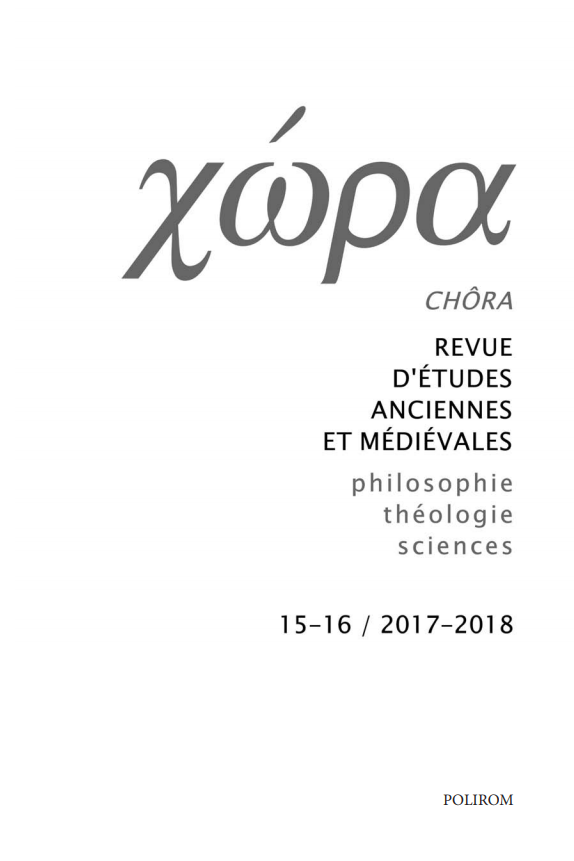Bien en soi ou bien humain ? Aristote et Platon
Good in itself or human? Aristotle and Plato
Author(s): Enrico BertiSubject(s): Philosophy, History of Philosophy, Ancient Philosphy
Published by: EDITURA POLIROM S.A.
Keywords: good; Aristotle; Plato; human; ancient philosophy;
Summary/Abstract: Aristotle criticizes the Idea of Good admitted by Plato because it is not a human, i.e. a practicable, good. But Aristotle himself admits, besides the human good, i.e. happiness, a supreme impracticable good, which coincides with the unmoved mover. And Plato himself, in his Philebus, speaks of a human good as the mixed life, which depends for its measure on the Idea of Good. This means that Aristotle does not criticize Plato because he identifies the supreme principle with the Good, a Good which cannot be attained by men, but because Plato conceives this supreme Good as the One, i.e. a formal cause, not as an efficient cause of the cosmic order. For Aristotle the supreme good, i.e. the divinity, is not the end of human actions, but he is the object, among the other first causes, of the wisdom, which is the true end of the wise man.
Journal: Chôra. Revue d'études anciennes et médiévales
- Issue Year: 2018
- Issue No: 15-16
- Page Range: 257-272
- Page Count: 16
- Language: French
- Content File-PDF

